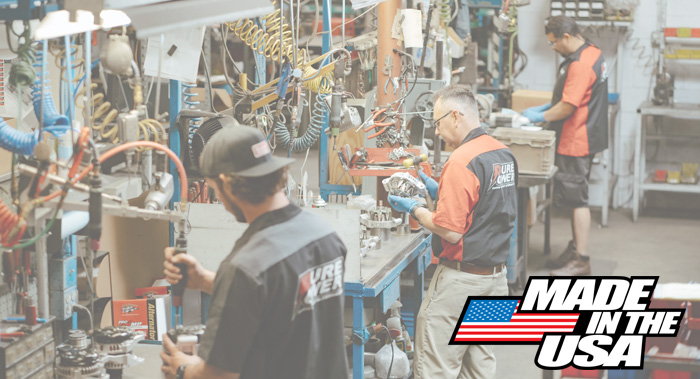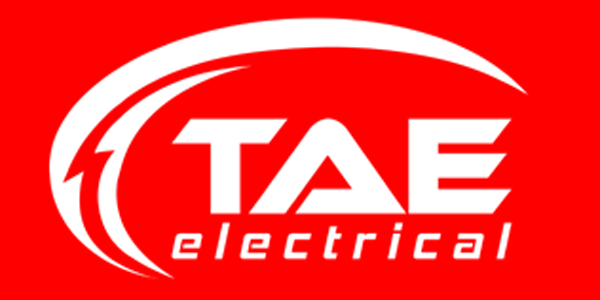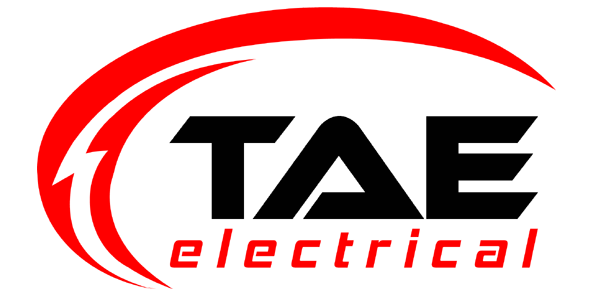The Complete Buying Guide for Alternators
When Henry Ford introduced the Model T in 1908, he changed our world forever and left an indelible stamp on the course of humanity. The electrical power for these early vehicles was supplied by magnetos, a crude version of what has become the modern-day alternator, a critical piece of machinery that facilitates the conversion of rotational energy into electrical energy, which is then used to recharge the car battery and keep the headlights on.
Without this device, many small conveniences of the modern world would be lost, and when it comes time to replace the alternator of any vehicle, there are some important things to be taken into consideration.
An alternator consists of a stator, consisting of wire coils, and a rapidly spinning rotor, powered by the movement of the car. In this device, we find an ingenious way to turn the car itself into a dynamo, capable of sustaining itself, while moving, on self-supplied electricity.
This device represents a stepping-stone on a continuum from simple windmills or water-driven pumps, to the modern rotational-energy based generators we all know and depend on today.
Alternative Alternators
Alternators work on the principle of electromagnetic induction, using the rotational energy of the serpentine belt to create a small electromagnetic generator which then provides current to the car battery and other critical systems.
If you want to get better performance from your vehicle, get better battery life, and overall maintain your vehicle at its highest level, a performance alternator is a good place to start. Modern vehicles depend on electric current to function correctly, and just like supercharging an engine, a high-quality alternator can provide a boost to your car’s overall function, stability, and lifetime.
Let’s say you want to install that really nice sub setup in your car, some of those LED lights on your lowrider, or even a hydraulics system like Ice Cube. If this sounds like you, or your goal is to be in The Fast and Furious, you’re going to need a performance alternator.
However, maybe you don’t want any of that, but instead, you just want the best performance possible from your vehicle and the alternator you are repairing or replacing.
The Basics
Alternators come in all shapes and sizes and can be used in almost any vehicle. As usual with car repairs, you will have the choice between remanufactured, or used alternators, or paying more and getting a new one.
This choice will depend on each individual product, the availability of various alternators that may be needed, and different electrical specifications that must be taken into consideration, such as the number of watts or amps that are required for different vehicles.
Within the simple stationary stator and rotor design, there are various other components that make up the alternator. When purchasing different alternators, often the quality and end result of the product will depend on the time and care put into these various components.
Just like other high-end machinery like expensive computers or audio equipment, better materials, manufacturing, and soldering can make a significant difference in overall output and performance.
The components that make up an alternator are the following:
- Stator/rotor acting as a generator
- Rectifier, which converts AC current to DC
- Voltage regulator, which ensures a steady output level
- Pulley, connected to the rotor shaft which provides the mechanical energy necessary
- Housing, a distinctive metal casing with vents to help cool the device
What Are My Options?
When purchasing an alternator, there are various configurations you must take into consideration. Brushless alternators are a type of more durable alternator with fewer moving parts, often used on boats or diesel trains. Some of the other types of alternators are:
- High output alternators
- Marine alternators
- Forklift alternators
- ATV alternators
As we can see, there is an almost infinitely wide variety of vehicles that use this technology, and there are even more technical considerations, such as single layer, double layer, or triple layer stator wiring, with triple being the standard in modern vehicles.
Additionally, there is the choice between a revolving armature alternator, or a revolving field alternator, where the magnetic field itself revolves, rather than the rotor. However, a revolving armature alternator with a triple-layer stator is the standard choice for alternators, because it provides excellent reliability and performance and is a good option for almost any project.
Quality and Performance
If you are involved with mechanics as a hobby or profession, or even just own a car, you will invariably find yourself needing a new alternator at some point in your life.
When it comes time to replace this part, don’t panic. The best thing you can do is research your options, and find potential prices or better deals than mechanics and dealers. If you can find the part yourself, you can save a lot of money on vehicle repairs.

NEED HELP? CALL US 1-520-622-7395
FAST SHIPPING
Orders placed by 2pm EAST will be processed same day








